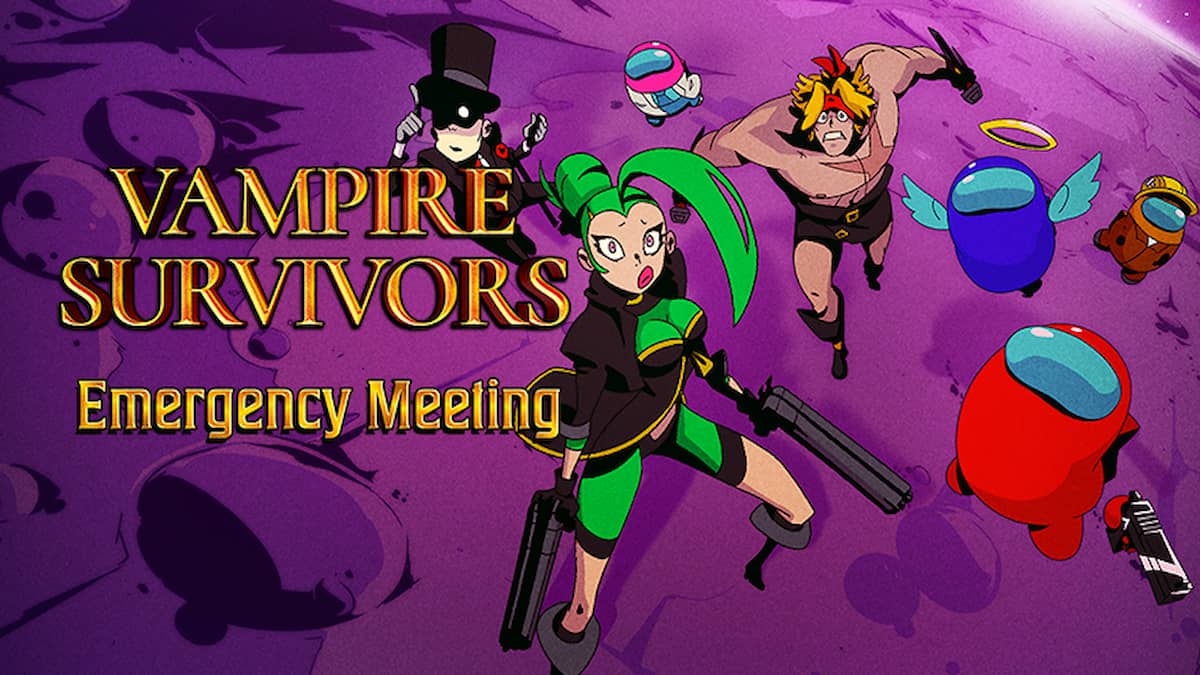Seven U.S. lawmakers from The Democratic Party, including Senator Ron Wyden from Oregon and Representatives Lori Trahan from Massachusetts and Katie Porter from California, reached out to “top game companies” like Activision-Blizzard, Epic Games, Valve, to hear how they plan to deal with a reported increase in harassment and extremism online.
InnerSloth—the creators of Among Us, who have all but 22 employees in their team—have reportedly been thrown into the mix even though they’re far smaller than other companies on the list despite their success.
The report that precipitated their concern, put together by the Anti-Defamation League, found 20 percent of adult gamers reported being exposed to white supremacist ideologies in games in 2022, more than double compared to the previous year’s report.
15 percent of younger games aged between 10 and 17 reported the same thing.
It also found four out of five adult gamers aged between 18 and 45, reported experiencing harassment in online multiplayer games, which works out to be around 67 million people. Three out of five young people (around 17 million) experienced it too.

CS:GO, VALORANT, PUBG, League of Legends, and Call of Duty had the highest percentage of reported harassment incidents. It ranged between 80 and 86 percent of the adult player base. League had the highest increase in 2022.
Among Us wasn’t actually mentioned in the study.
Regardless, the U.S. lawmakers want to “better understand the processes” developers have in place to handle harassment and extremism and ask for “consideration of safety measures” to help stamp it out.
This includes learning how they assess and mitigate risks and harms of harassment and extremism, what plans they have to address these issues, what mechanisms they have in place (internally and externally) for players to report them, how those reports are handled, what resources are invested in those systems, how feedback from communities impacted by hate and harassment are integrated into the process, how they identify extremist content, what policies they have in place to address it, and what data is collected throughout the process.
The thoroughness of their inquisition suggests the U.S. lawmakers want to get to the bottom of it post-haste.
They’ve asked companies to respond no later than Jan. 9, a month from now.












Published: Dec 16, 2022 12:30 am